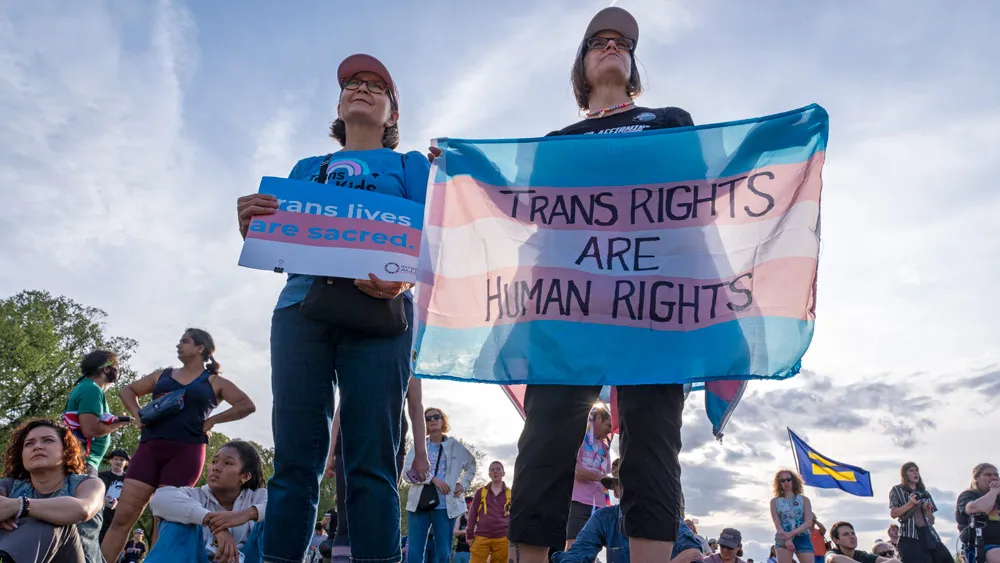October 5, 2010
Hong Kong judge: Transgender woman can't marry man
Kilian Melloy READ TIME: 2 MIN.
A transgender woman lost a legal challenge Tuesday against Hong Kong marriage rules that prevent her from marrying her boyfriend.
The plaintiff underwent sex change surgery from man to woman in 2008 and obtained identification documents listing her new gender. But Hong Kong's Marriage Registry only allows couples who were men and women at birth to wed.
The woman, who is in her 20s and can only be identified as "W'' under court order, argued her rights to marry in the constitution and Bill of Rights were violated.
Hong Kong's constitution says freedom of marriage of Hong Kong residents should be protected by law. The Bill of Rights says the right of men and women to marry should be recognized.
High Court Judge Andrew Cheung ruled that he saw no evidence to support "a shifted societal consensus in present day Hong Kong regarding marriage to encompass a postoperative transsexual."
Cheung expressed sympathy for W, saying he is "acutely conscious of the suffering and plight of those who suffer from transsexualism, and the prejudice and discrimination they face as a minority group in our society."
But he added, "That alone, however, is quite insufficient to found the fundamental change in the law sought by the applicant in the present case."
Transgender marriage is permitted in many Asian or European countries and some U.S. states. Japan, South Korea, Singapore, Indonesia, Kyrgyzstan, Kazakhstan, as well as mainland China, allow it, but this semiautonomous southern Chinese territory maintains a separate legal system, largely preserved from its British colonial days.
W's lawyer, Michael Vidler, said his client plans to appeal.
"She is determined to be treated as a woman and accorded the same rights as a woman," Vidler said. "She still cherishes the hope that she'll be able to marry her boyfriend - maybe not today, but in the near future."
A human rights activist criticized the judge's approach of deferring to mainstream social values.
"A person's basic human rights are not dependent on majority acceptance," Hong Kong Human Rights Monitor Director Law Yuk-kai said. "The public doesn't have the right to impose its values on other people."
"There is room for a more liberal interpretation," Law said.
Kilian Melloy serves as EDGE Media Network's Associate Arts Editor and Staff Contributor. His professional memberships include the National Lesbian & Gay Journalists Association, the Boston Online Film Critics Association, The Gay and Lesbian Entertainment Critics Association, and the Boston Theater Critics Association's Elliot Norton Awards Committee.







